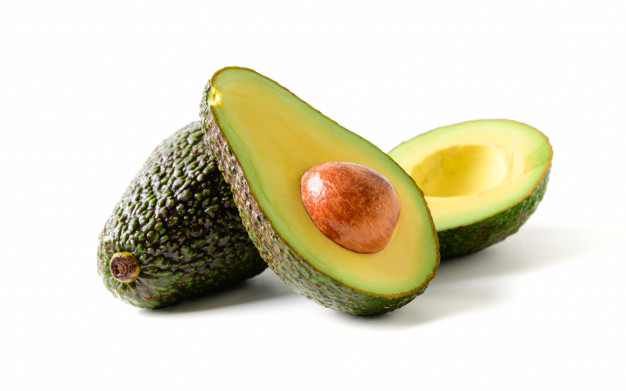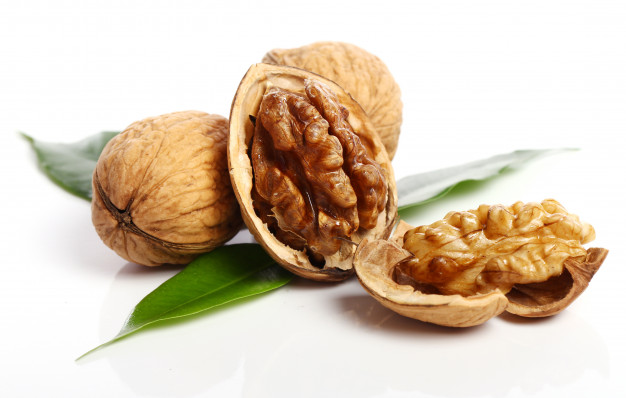Heart Disease

OVERVIEW
Heart disease is the generic term used for a wide variety of heart conditions that can affect the heart muscle, valves, vessels, structure, electrical system, or coronary arteries. Though each disease affects the heart differently, the ultimate problem with all varieties of heart disease is that, in one way or another, they can disrupt the vital pumping action of the heart.
Type of Heart Disease
- Arrhythmia: An arrhythmia is a heart rhythm abnormality.
- Atherosclerosis: Atherosclerosis is a hardening of the arteries.
- Cardiomyopathy: This condition causes the heart’s muscles to harden or grow weak.
- Congenital heart defects: Congenital heart defects are heart irregularities thatare present at birth.
- Coronary artery disease (CAD): CAD is caused by the build up of plaque in the heart’s arteries.
- Heart infections: Heart infections may be caused by bacteria, viruses, or parasites.
SYMPTOMS
- Fluttering heart or racing heartbeat
- Dizziness
- Chest pain
- Coldness, especially in the limbs
- Numbness, especially in the limbs
- Weakness in your legs and arms
- Blue-tinged skin
- Shortness of breath or difficulty breathing
- Fatigue and low energy
- Chest pain or discomfort
- A feeling of pressure or squeezing in the chest
- Nausea
- Feelings of indigestion or gas
- Fatigue
- Swollen legs, especially ankles and feet
- Shortness of breath
- Pounding or rapid pulse
- Chest pain
- Fever
- Skin rash
Different types of heart disease may result in a variety of different symptoms
a. Arrhythmias:
b. Atherosclerosis:
c. Congenital heart defects:
d. Coronary artery disease (CAD):
e. Cardiomyopathy:
f. Heart infections:
CAUSES
- Diabetes
- Medications, supplements, and herbal remedies
- High blood pressure (hypertension)
- Excessive alcohol or caffeine use
- Substance use disorders
- Stress and anxiety
- Existing heart damage or disease
- High blood pressure
- High cholesterol and low levels of high-density lipoprotein (HDL), the “good” cholesterol
- Smoking
- Obesity
- Physical inactivity
a. Arrhythmia Causes.:
b. Congenital heart defect causes:
This heart disease occurs while a baby is still developing in the womb. Some heart defects may be serious and diagnosed and treated early.
c. Heart infection causes:
Bacteria, parasites, and viruses are the most common causes of heart infections. Uncontrolled infections in the body can also harm the heart if they’re not properly treated
Risk Factor :
People with diabetes may also be at higher risk for heart disease because high blood glucose levels increase the of heart diseases
d. Heart infection causes:
Bacteria, parasites, and viruses are the most common causes of heart infections. Uncontrolled infections in the body can also harm the heart if they’re not properly treated
PREVENTION
- Aim for healthy blood pressure and cholesterol numbers
- Find ways to manage stress
- Quitting smoking
- Controlling blood pressure
- Exercising regularly
- Maintaining healthy cholesterol levels
- Eating healthy
TREATMENT
Heart disease treatments vary by condition. For instance, if you have a heart infection, you'll likely be given antibiotics. In general, treatment for heart disease usually includes:
Lifestyle changes:
These include eating a low-fat and low-sodium diet, getting at least 30 minutes of moderate exercise on most days of the week, quitting smoking, and limiting alcohol intake.
Medications:
If lifestyle changes alone aren't enough, your doctor may prescribe medications to control your heart disease. The type of medication will depend on the type of heart disease.
Medical procedures or Surgery:
If medications aren't enough, it's possible your doctor will recommend specific procedures or surgery. The type of procedure will depend on the type of heart disease and the extent of the damage to your heart.
WHAT TO EAT
- Leafy Green Vegetables. Leafy green vegetables like spinach, kale and collard greens are well-known for their wealth of vitamins, minerals and antioxidants.
- Whole Grains
- Berries
- Avocados
- Fatty Fish and Fish Oil
- Walnuts
- Beans
- Dark Chocolate


